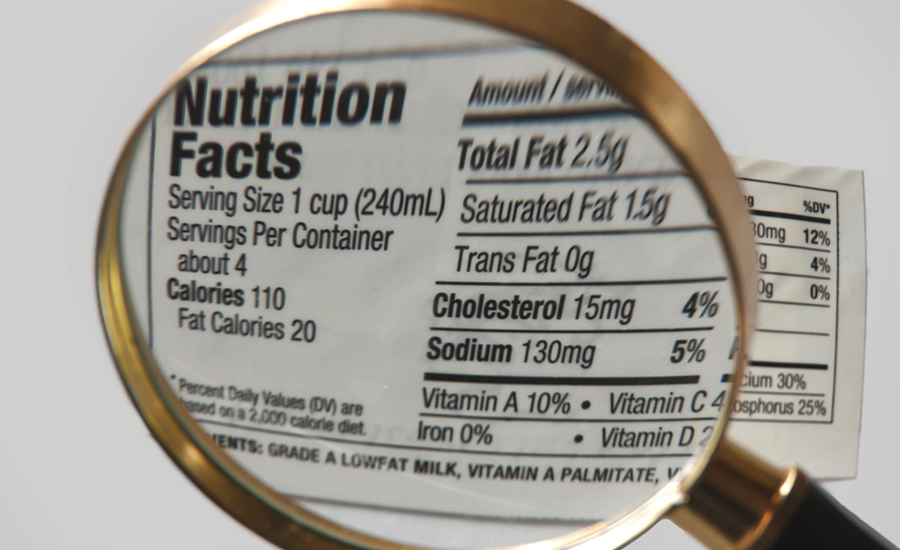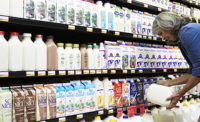Americans throw out billions of pounds of food every year because they falsely believe "sell-by" and "best-before" dates on package labels indicate food safety, according to a study published by Harvard Law School and the Natural Resources Defense Council, New York.
The study found that dates printed on packaged foods, which help retailers cycle through stocked products and allow manufacturers to indicate when a product is at its peak freshness, are inconsistent and confuse consumers, leading many to throw out food before it actually goes bad.
"The labeling system is aimed at helping consumers understand freshness, but it fails—they think it's about safety. And, [consumers] are wasting money and wasting food because of this misunderstanding," says co-author Emily Broad Lieb.
Broad Lieb and NRDC scientist Dana Gunders say that while labels "appear to be a rational system," they are essentially meaningless to consumers. Manufacturers are the ones who often decide how to calculate shelf life and what the dates mean.
As a result, huge amounts of food, not to mention considerable natural resources and labor, go to waste in landfill and taxes and harm the environment. The authors recommend that "sell-by" dates be invisible to consumers, so they cannot be misinterpreted as safety labels; that a clear, uniform date label system be established; and that "smart labels" that rely on technology to provide food safety information be used more frequently.
Earlier this week, Congresswoman Nita Lowey (D-NY) released a statement pressing for a consistent federal food dating system.
"Under the current patchwork of state and federal laws, consumers are left in the lurch, forced to decipher the differences between 'sell-by' and 'best if used by,' and too often food is either thrown out prematurely, or families wind up consuming dangerous or spoiled food," she says.
Lack of understanding about the labels is not necessarily a health hazard. Researchers said they found no significant difference in incidents of foodborne illness between states such as Massachusetts, which has very strict labeling rules, and others such as New York, which is more lax.
In fact, University of Minnesota food safety scientist Dr. Theodore Labuza, who reviewed the study, said that in his more than 30 years of researching date labels, he was unaware of any outbreaks of illness related to food being kept in the refrigerator or on the shelf past an expiration date, as long as it was stored properly.
"People think the use-by date means either the product is going to die or you're going to die if you eat it. And, it's just not true. You can't tie shelf life to a date," Labuza says.



